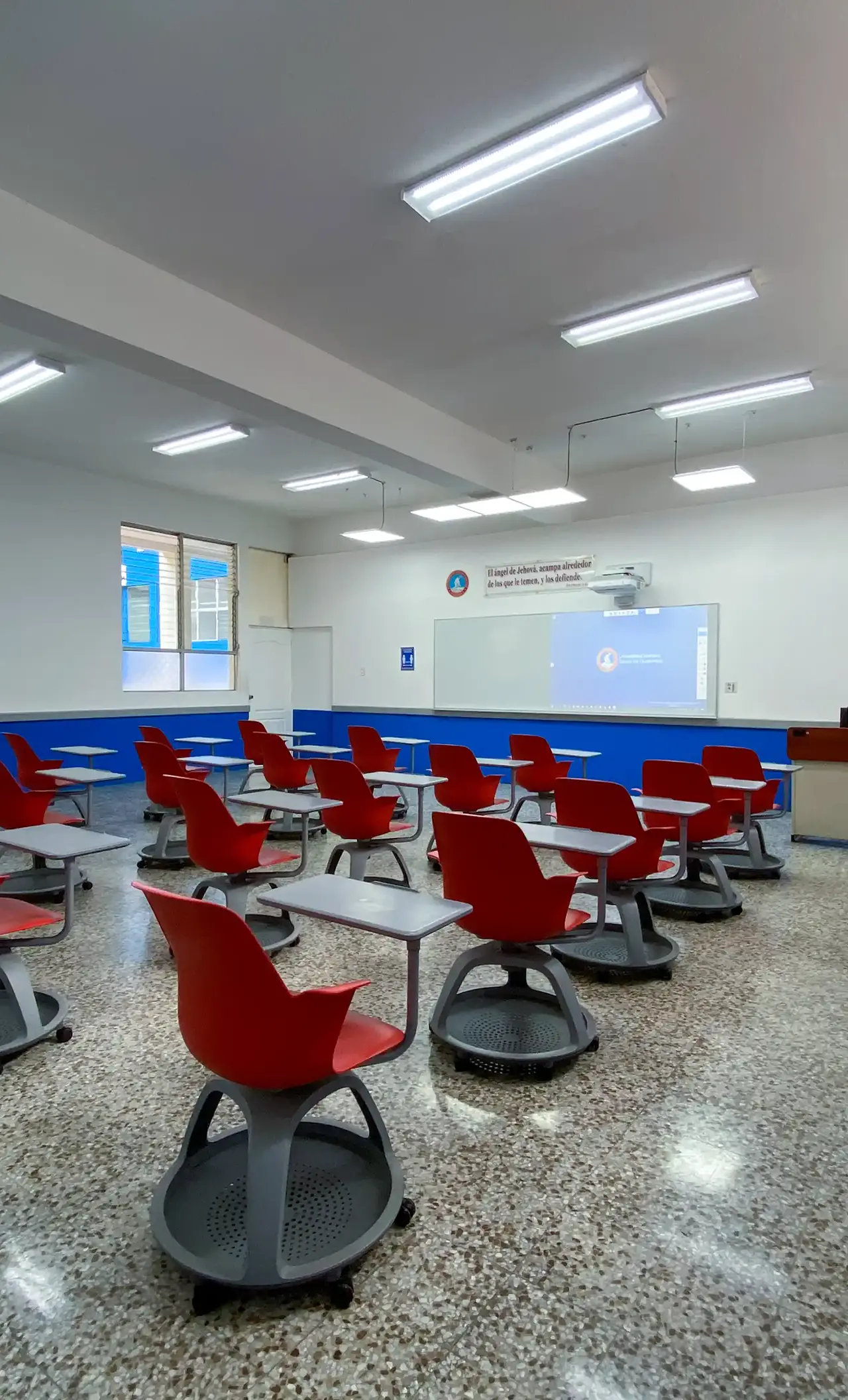
- Bachelor's Degree in
- Economics with Emphasis in Financial Risks
- Degree to be obtained
- Financial Risk Economist
- Academic degree
- Bachelor's Degree
- Duration
- 5 years and a half
- Modality
- In-person
- Schedule:
- Saturday session
- Career description
-
The Economics degree in Financial Risks seeks to give a twist to the traditional degree in Economics, providing knowledge about different types of risks, which respond to the requirements of Basel I and II for banking supervision.
- What will you learn during the program?
-
You will acquire knowledge of economic theory, applied economics, risk management and measurement, as well as mathematics and statistics.
Gallery
AdmissionProfile
Anyone interested in deepening their knowledge in economics and international trade, preferably with numerical skills, critical and analytical reasoning, reading comprehension, problem solving and dedication.
Graduate'sProfile
The graduate in Economics with Emphasis in Financial Risks is a professional prepared to advise companies in the new context of risk-based management, not only in the banking area but in general because every activity involves risks of financial losses, whether due to human failures (operational risk), interest rate, exchange rate, liquidity, competition risks (market risk), lack of coverage of risk factors when granting a loan (credit risk), failure to consider the political or economic risks existing in the country (country risk), failure to consider special clauses in contracts (legal risk), etc.
Career Opportunities

Bachelor's Degree in Economics with Emphasis in Financial Risks
Curriculum
| 1° Ciclo | CONTABILIDAD BÁSICA | DESARROLLO HUMANO Y PROFESIONAL | INTRODUCCIÓN A LA ECONOMÍA | MATEMÁTICA I | TÉCNICAS DE INVESTIGACIÓN |
|---|---|---|---|---|---|
| 2° Ciclo | HISTORIA ECONÓMICA MUNDIAL | MATEMÁTICA II | MICRO ECONOMÍA I | RECURSOS ECONÓMICOS DE GUATEMALA | TEORÍA ADMINISTRATIVA |
| 3° Ciclo | ÉTICA PROFESIONAL | MATEMÁTICA APLICADA I | MATEMÁTICA FINANCIERA I | MÉTODOS ESTADÍSTICOS I | MICRO ECONOMÍA II |
| 4° Ciclo | DOCTRINAS ECONÓMICAS | MACRO ECONOMÍA I | MATEMÁTICA APLICADA II | MÉTODOS ECONOMÉTRICOS I | MÉTODOS ESTADÍSTICOS II |
| 5° Ciclo | ECONOMÍA INTERNACIONAL | FINANZAS PÚBLICAS | INTRODUCCIÓN A LA ADMINISTRACIÓN DE RIESGOS | MACRO ECONOMÍA II | MÉTODOS ECONOMÉTRICOS II |
| 6° Ciclo | GESTIÓN DE ACTIVOS Y PASIVOS | MONEDA Y BANCA | RIESGO DE CRÉDITO I | RIESGO IMÁGEN | RIESGO OPERACIONAL I |
| 7° Ciclo | CUENTAS NACIONALES | MODELOS DE ADMINISTRACIÓN DE RIESGOS I | PRESUPUESTOS | RIESGO DE MERCADO | RIESGO OPERACIONAL II |
| 8° Ciclo | DESARROLLO ECONÓMICO | MODELOS DE ADMINISTRACIÓN DE RIESGOS II | MODELOS DE CALIFICACIÓN DE RIESGOS | POLÍTICA ECONÓMICA | RIESGO DE CRÉDITO II |
| 9° Ciclo | ELABORACIÓN Y EVALUACIÓN DE PROYECTOS | FINANZAS INTERNACIONALES | PROPEDÉUTICA DE TÉSIS | SEMINARIO DE ADMINISTRACIÓN DE RIESGOS | SEMINARIO SOBRE RIESGO DEL ENTORNO |


